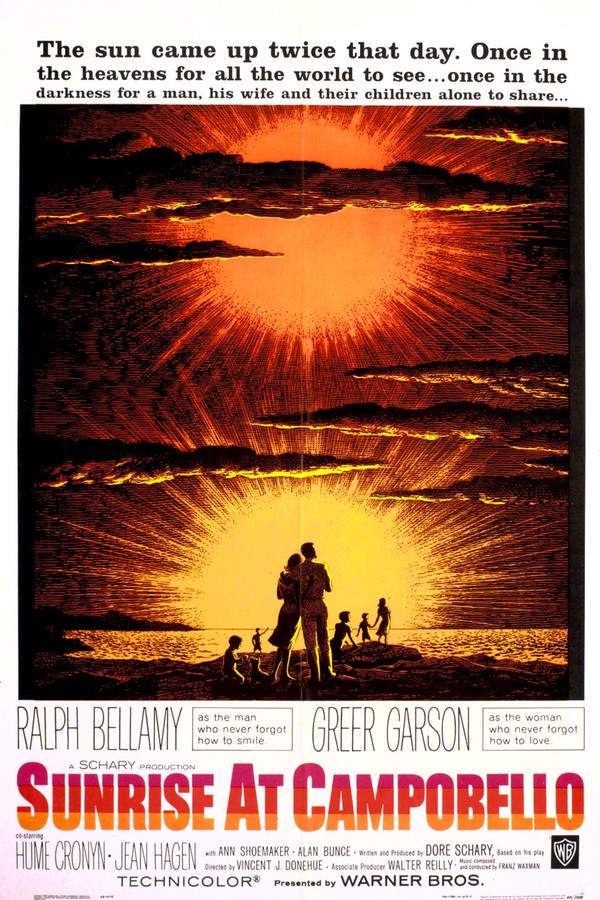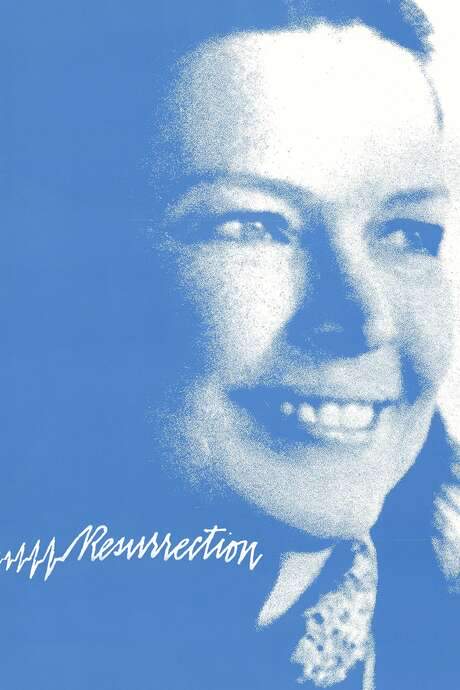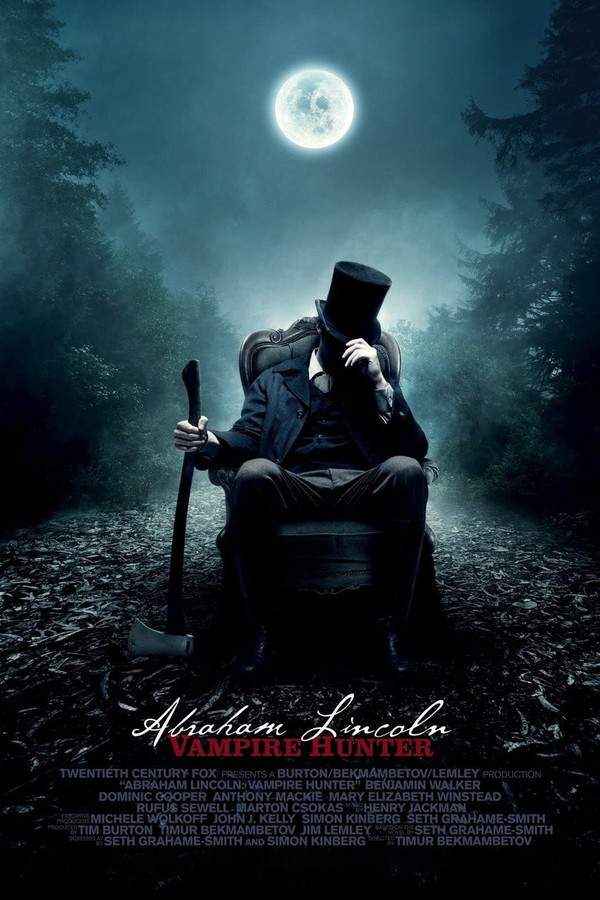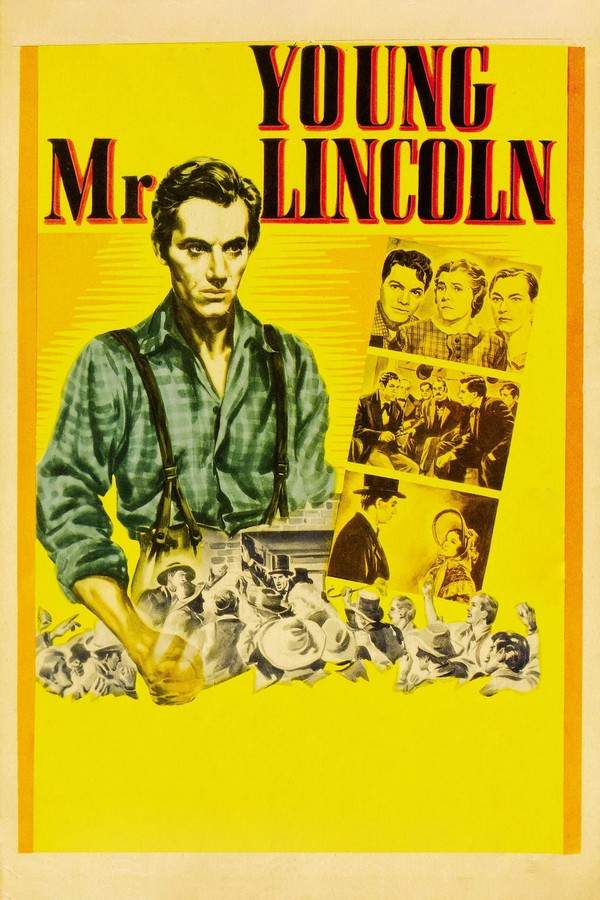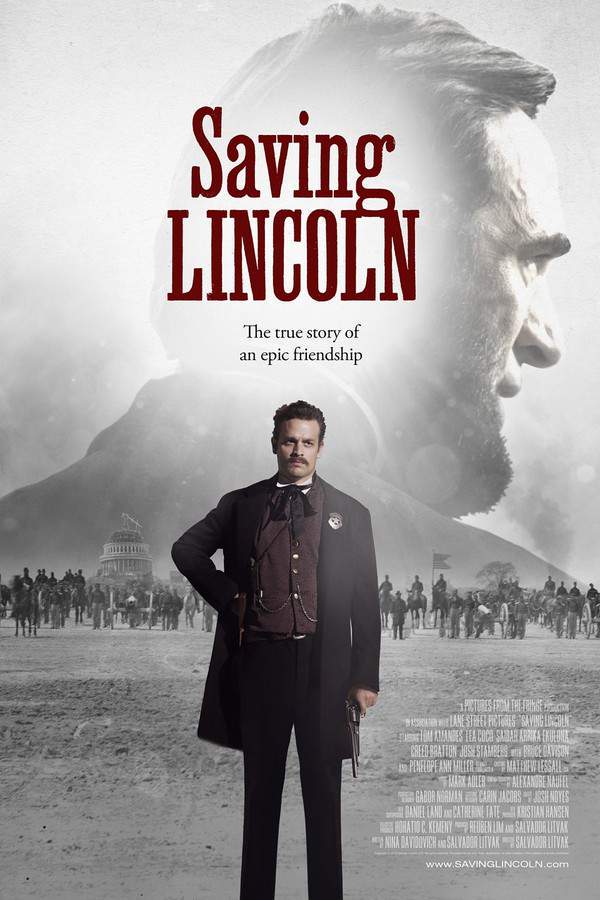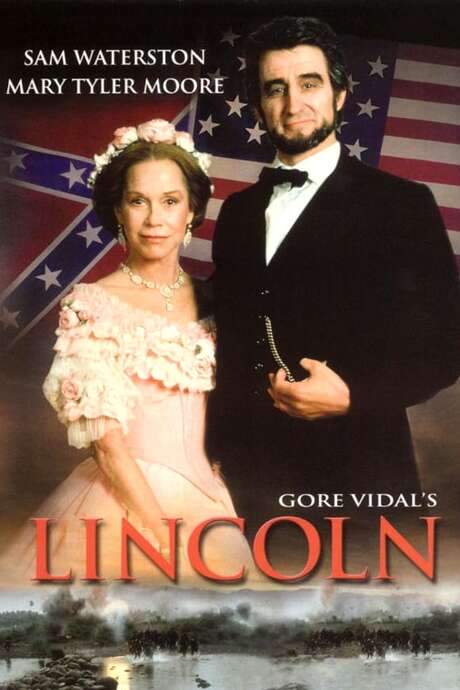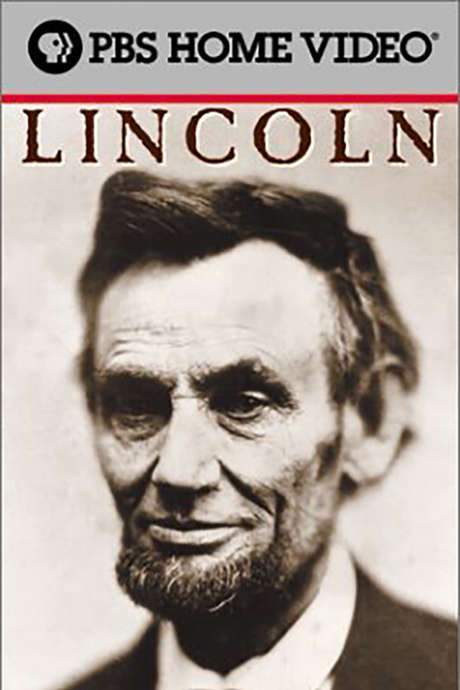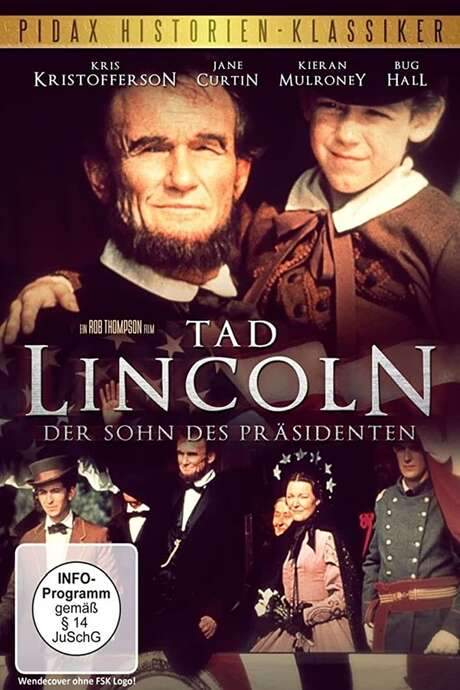
Abe Lincoln in Illinois
Year: 1940
Runtime: 110 mins
Language: English
The 1940 biographical drama chronicles Abraham Lincoln’s early life, tracing his departure from Kentucky to his settlement in Illinois, his self‑education, marriage, law practice and entry into politics, and ending with his election as President of the United States, offering a vivid portrait of his character and ambition.
Warning: spoilers below!
Haven’t seen Abe Lincoln in Illinois yet? This summary contains major spoilers. Bookmark the page, watch the movie, and come back for the full breakdown. If you're ready, scroll on and relive the story!
Abe Lincoln in Illinois (1940) – Full Plot Summary & Ending Explained
Read the complete plot breakdown of Abe Lincoln in Illinois (1940), including all key story events, major twists, and the ending explained in detail. Discover what really happened—and what it all means.
Abraham Lincoln, Raymond Massey, leaves home for the first time when he’s hired along with two friends by Denton Offutt to haul a load of pigs by water to New Orleans. The journey starts as a practical job, but trouble arises when the boat stalls at a dam near the settlement of New Salem, and Lincoln’s heart is drawn to Ann Rutledge, Mary Howard, the tavern keeper’s daughter. This sudden romance becomes the compass of his early years, even as he takes up a position at Offutt’s store in New Salem and begins to navigate a world that values wit, nerve, and the chance to rise.
Abe quickly learns that Ann already has a beau, yet his easy humor and unassuming charm soon make him the most popular man in town. He also seeks to improve himself by learning from the patient, perceptive schoolteacher Mentor Graham, [Louis Jean Heydt]. When Ann’s would‑be fiancé leaves town to better himself, she waits for him for two long years. A letter arrives saying the man cannot say when—or if—he will return, and Abe seizes the moment to profess his love. Ann is cautious about giving her heart, asking for time to sort out her feelings. The two share a tentative, hopeful bond, tempered by uncertainty and the weight of social expectations.
Tragedy soon shadows their growing intimacy. Ann dies of what the era calls “brain fever,” and on her deathbed she admits that she could have loved him. Her loss deepens Abe’s sense of purpose and nudges him toward public life. He is urged to run for the Illinois General Assembly and wins, launching a political path that will carry him from the little towns to the heart of the nation. After a first term in Springfield, Lincoln decides to study law, hoping to sharpen his capacity for leadership and service.
Mary Todd Lincoln, [Ruth Gordon], visits her sister Elizabeth Edwards, [Dorothy Tree], and their husband, the influential Ninian Edwards, [Harvey Stephens], at a social gathering where many eligible men are present. Among the attendees is Stephen Douglas, [Gene Lockhart], Lincoln’s charismatic rival in the political arena. Yet it is the plainspoken, unpolished Abe who captures Mary’s attention. She glimpses in him a potential greatness that she believes must be cultivated, and she resolves to steer him toward the destiny she envisions for him, even if his own ambition is initially modest. The social whirl becomes the crucible in which their alliance is formed, shaping not only their personal lives but also the arc of the nation.
Abe proposes marriage, but he wrestles with hesitation; after a period of doubt, he steps forward again, and Mary accepts. Their partnership deepens as years pass and they raise a family that includes several children—each new life reinforcing Lincoln’s commitment to a higher calling. The couple’s private joys and public duties begin to blend, forging a bond that will endure through the most demanding chapters of American history.
As Lincoln’s reputation grows, he runs for a seat in the U.S. Senate and engages in a grueling series of debates with Stephen Douglas, [Gene Lockhart], where the central issue—slavery—becomes the crucible of his political philosophy. In a moment that would become emblematic of his career, Lincoln speaks with quiet authority about the morally combustible reality of a nation divided. The exchange culminates in a defining line that would echo through the ages: > “A house divided against itself cannot stand.”
With the presidential election looming, the party is so fractured that the frontrunners are unacceptable to many factions. In a late-breaking turn of events, the leaders settle on Lincoln as a dark-horse candidate, recognizing in him a unifying figure capable of moving the country toward a new dawn. He wins the nomination and, after bidding farewell to friends and supporters, boards the train to Washington, D.C., prepared to confront the immense challenges that lie ahead.
The story that unfolds is one of quiet determination and humane rigor, tracing not only the ascent of a man who would become one of history’s defining presidents but also the personal choices, losses, and relationships that help shape his resolve. It honors the humanity behind the legend—the humor that endears him to a small town, the intellect that sharpens his convictions, and the moral clarity that would anchor a nation during its most turbulent era.
Last Updated: October 09, 2025 at 12:34
Explore Movie Threads
Discover curated groups of movies connected by mood, themes, and story style. Browse collections built around emotion, atmosphere, and narrative focus to easily find films that match what you feel like watching right now.
Historical Leader Biographies like Abe Lincoln in Illinois
Biographical journeys of principled figures shaping history with quiet determination.If you enjoyed the steady, inspirational ascent of Abraham Lincoln, explore other movies like Abe Lincoln in Illinois. This section features similar historical dramas and political biopics about principled figures who rise to meet their destiny with quiet determination and moral strength.
Narrative Summary
Stories in this thread typically follow a linear, chronological path, tracing a protagonist's growth from humble beginnings to a position of great influence. The central conflict is often between the protagonist's unwavering principles and the societal pressures they aim to change. The journey is marked by personal sacrifice, key mentorships, and pivotal moments that test and reveal their character.
Why These Movies?
These movies are grouped together because they share a specific narrative structure and emotional tone. They all feature a steady pace, a hopeful outlook, and a medium emotional weight, focusing on the inspirational rather than the tragic aspects of a historical figure's life. The central theme is the positive impact of moral conviction.
Movies About Purpose Shaped by Loss like Abe Lincoln in Illinois
Stories where personal loss strengthens resolve and defines a hopeful path forward.Discover films similar to Abe Lincoln in Illinois that explore how grief and loss can shape a character's destiny. If you liked how Lincoln's personal sorrow informed his public purpose, you'll find other hopeful dramas where emotional weight fuels a journey of conviction and achievement.
Narrative Summary
The narrative pattern involves a pivotal moment of personal tragedy—such as the death of a loved one—that deepens the protagonist's empathy and clarifies their life's mission. The story then follows how this transformed perspective fuels their ambitions and actions. The emotional arc moves from sadness towards purposeful resolve, making the ending feel earned and hopeful.
Why These Movies?
These films share a specific emotional recipe: a medium level of sadness is balanced by a stronger tone of hope. They explore how adversity builds character, creating a profoundly humanistic and reflective mood. The pacing is steady, allowing the audience to sit with the character's grief and witness its transformation into drive.
Unlock the Full Story of Abe Lincoln in Illinois
Don't stop at just watching — explore Abe Lincoln in Illinois in full detail. From the complete plot summary and scene-by-scene timeline to character breakdowns, thematic analysis, and a deep dive into the ending — every page helps you truly understand what Abe Lincoln in Illinois is all about. Plus, discover what's next after the movie.
Abe Lincoln in Illinois Timeline
Track the full timeline of Abe Lincoln in Illinois with every major event arranged chronologically. Perfect for decoding non-linear storytelling, flashbacks, or parallel narratives with a clear scene-by-scene breakdown.

Characters, Settings & Themes in Abe Lincoln in Illinois
Discover the characters, locations, and core themes that shape Abe Lincoln in Illinois. Get insights into symbolic elements, setting significance, and deeper narrative meaning — ideal for thematic analysis and movie breakdowns.

Abe Lincoln in Illinois Spoiler-Free Summary
Get a quick, spoiler-free overview of Abe Lincoln in Illinois that covers the main plot points and key details without revealing any major twists or spoilers. Perfect for those who want to know what to expect before diving in.

More About Abe Lincoln in Illinois
Visit What's After the Movie to explore more about Abe Lincoln in Illinois: box office results, cast and crew info, production details, post-credit scenes, and external links — all in one place for movie fans and researchers.

Similar Movies to Abe Lincoln in Illinois
Discover movies like Abe Lincoln in Illinois that share similar genres, themes, and storytelling elements. Whether you’re drawn to the atmosphere, character arcs, or plot structure, these curated recommendations will help you explore more films you’ll love.
Explore More About Movie Abe Lincoln in Illinois
Abe Lincoln in Illinois (1940) Scene-by-Scene Movie Timeline
Abe Lincoln in Illinois (1940) Movie Characters, Themes & Settings
Abe Lincoln in Illinois (1940) Spoiler-Free Summary & Key Flow
Movies Like Abe Lincoln in Illinois – Similar Titles You’ll Enjoy
Lincoln (2012) Ending Explained & Film Insights
Abraham Lincoln: Vampire Hunter (2012) Detailed Story Recap
Young Mr. Lincoln (1939) Complete Plot Breakdown
The Better Angels (2014) Ending Explained & Film Insights
Saving Lincoln (2013) Ending Explained & Film Insights
Lover of Men: The Untold History of Abraham Lincoln (2024) Spoiler-Packed Plot Recap
The Civil War (1000) Spoiler-Packed Plot Recap
Lincoln (1000) Ending Explained & Film Insights
Lincoln: Divided We Stand (1000) Full Summary & Key Details
Lincoln’s Dilemma (1000) Plot Summary & Ending Explained
Abraham Lincoln (1000) Film Overview & Timeline
Abraham Lincoln (1930) Spoiler-Packed Plot Recap
Lincoln (1992) Story Summary & Characters
Lincoln in the White House (1939) Detailed Story Recap
Tad (1995) Spoiler-Packed Plot Recap







